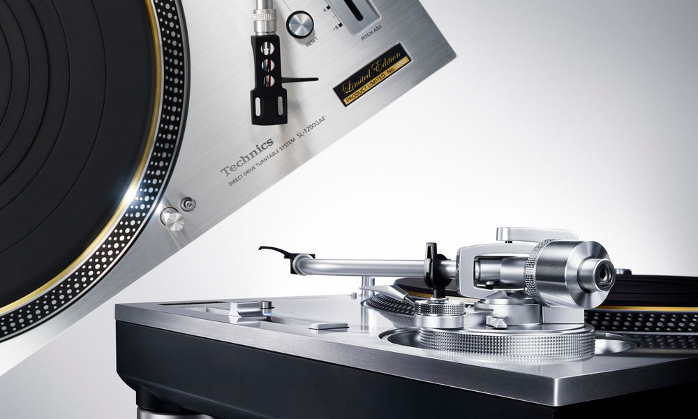Here is how I recommend to proceed to completely re-set the anti-skating position of the magnetic bearing tonearm (“0”):
- Demount the cartridge
- Adjust the counterweight so, that the tonearm “floats” while not in rest position
- Now twist the anti-skating-screw to get the position of the headshell of the tonearm
right above the edge of the platter (where the lead-in groove would be)
- You now can mark the position of the anti-skating-screw by drawing a line with a pen
from screw head towards tonearm foot
- Now then there’s a simple rule, that unfortunately is valid for Clearaudio Concept MM/MC
cartridges only: twist the anti-skating screw 3 times anticlockwise if you want to mount the
clearaudio Concept MM/any other MM V2 cartridge and 4 times if you want to mount the Clearaudio Concept
MC cartridge
- finally mount your cartridge again and check the tracking force
Please note this is a quick guide for the standard clearaudio cartridges.
If you want to be more precise just use the “traditional way”: get a testrecord (like clearaudio trackability test record) and set anti-skating force by checking the tracking with oscilloscope (or listen to the test signals via headphone/the speakers, which is less precise). There is no rule of thumb for 3rd party cartridges, please understand.
A pitch too High!
Recently, I damaged the V2 MM cartridge of Clearaudio Concept Wood turntable, so had it changed with a Grado Prestige Blue. The VTF for V2 is 2.2g while Grado blue stands at 1.5g. I took someone’s help to fix this. He even made azimuth adjustments and it sounded fine. But I soon realised that the sound had become thinner, voice being the primary indicator and just before the stylus landed on the record, it skipped back a bit then hit the record. Sometimes the tonearm would skip all the way out of the record, backwards. I called the guy back, and he felt the VTF should be fixed to around 2g to avoid the backward skip. He did so and that problem was licked and it seemed the voice thinning issue had also vanished. But last night, I put on the first pressing of Aretha Franklin Amazing Grace, and all along I found her pitch way higher, it was all too high pitched and uncomfortable. Seemed the bass had gone missing a little. On my Boulder 866, I could immediately hear the difference when the track was played through Roon. It was not as high pitched, thin as it sounded on analogue. I intend to call the guy again but wanted to know from experts here as to what the issue could be.
- ...
- 143 posts total
This is the response I got from Stefan of Clearaudio: |
Terrible, take a deep breath and relax. It is not that hard. Turning tha antiskating control one way increases anti skating pulling the arm more strongly away from the platter's spindle. Turn it the other way and the pull is less strong. Turning the adjustment all the way in one direction will pull the arm very strongly away from the spindle the other way not strong at all although it might not turn it off all the way. You set your tracking force 1st then adjust the anti skating control so that the arm drifts very slowly towards the spindle when you put it down between grooves in the run out area. If you have a record with a blank side even better. You can also do what Chak mentions and get a test record although some disagree with this method. Anti skating is so ambiguous it is really a ballpark measurement. The general felling is less is better than more. The slow drift method is championed by Peter Ledermann of Soundsmith and Frank Schroder the tonearm designer. As for cartridges, the Goldring 1042 and Audio Technica VM750SH would be my choices. |
@mijostyn Thanks for the recommendation of cartridges. Next month I am planning to pull the trigger on SME 12A. Maybe I'll use the Goldring 1042 with that. I am going to take care of the Concept VTF and AS on Sunday. Hopefully I'll get it right. |
- 143 posts total


